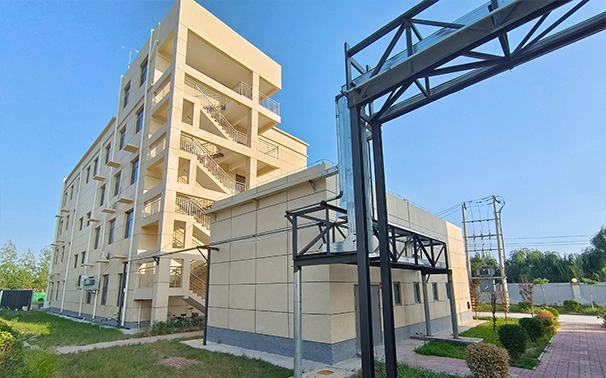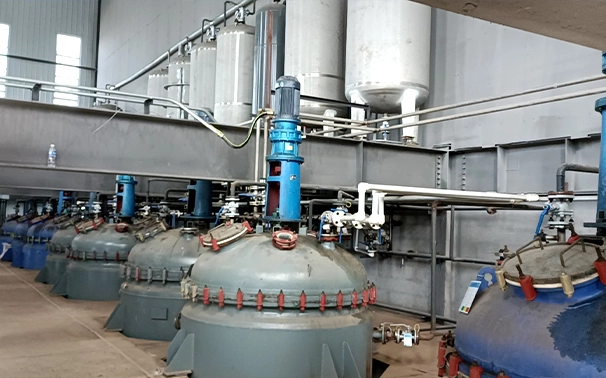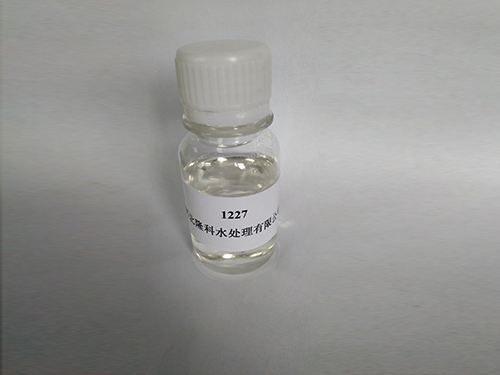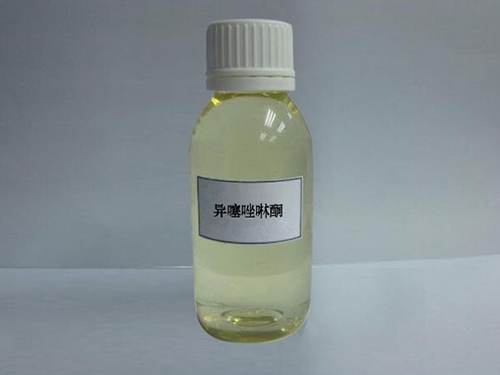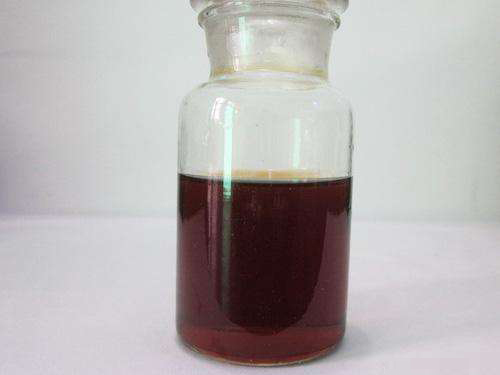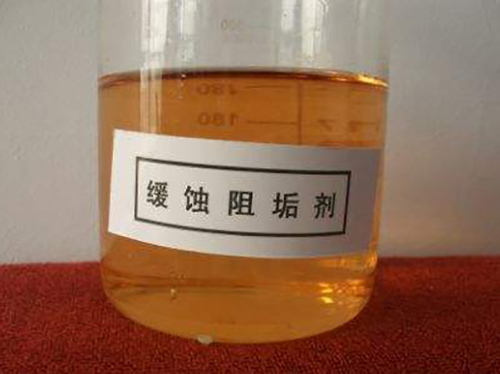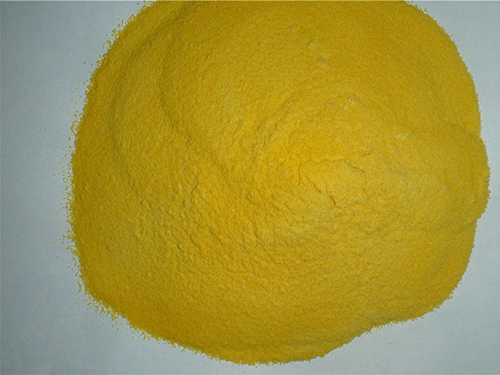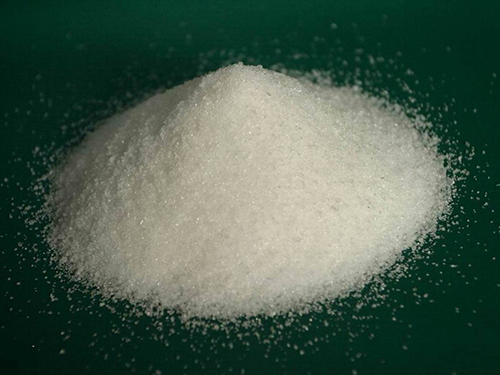Phosphonates Antiscalants, Corrosion Inhibitors and Chelating Agents, Products
-
CAS No. 8001-54-5 or 63449-41-2, 139-07-1
-
CAS No. 26172-55-4, 2682-20-4
-
LK-318, ຂະຫນາດພິເສດແລະການຍັບຍັ້ງ corrosion ສໍາລັບໂຮງງານໄຟຟ້າ, ແມ່ນປະສົມຂອງອາຊິດ phosphonic ອິນຊີ, ອາຊິດ polycarboxylic, inhibitor corrosion ເຫຼັກກາກບອນແລະທອງແດງ inhibitor.
-
ຜະລິດຕະພັນນີ້ແມ່ນປະກອບດ້ວຍອາຊິດ phosphonic ປອດສານພິດ, ອາຊິດ polycarboxylic, inhibitor corrosion ເຫຼັກກາກບອນ, ແລະອື່ນໆ, ມັນມີຜົນກະທົບ chelating ທີ່ດີແລະກະແຈກກະຈາຍກ່ຽວກັບທາດການຊຽມຄາບອນແລະທາດການຊຽມຟອສເຟດໃນນ້ໍາ, ແລະມີຜົນກະທົບຊ້າຂອງເຫຼັກກາກບອນ.
-
ຄຸນນະພາບນ້ໍາຫຼັງຈາກການຊໍາລະລ້າງໂດຍນໍາໃຊ້ PAC ແມ່ນດີກວ່າຂອງອາລູມິນຽມ sulfate flocculant , ແລະຄ່າໃຊ້ຈ່າຍຂອງການກັ່ນຕອງນ້ໍາແມ່ນຕ່ໍາ; ການສ້າງ floc ແມ່ນໄວ, ຄວາມໄວການຕົກລົງແມ່ນໄວ
-
Polyacrylamide (PAM) ແມ່ນໂພລີເມີທີ່ລະລາຍໃນນ້ຳ ແລະ ບໍ່ລະລາຍໃນສານລະລາຍອິນຊີສ່ວນໃຫຍ່. ມັນມີຄຸນສົມບັດ flocculation ທີ່ດີແລະສາມາດຫຼຸດຜ່ອນຄວາມຕ້ານທານ frictional ລະຫວ່າງຂອງແຫຼວ.
-
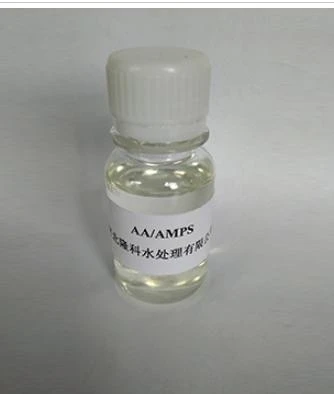 Understanding Polycarboxylic Acids: Properties, Applications, and Future PotentialPolycarboxylic acids are a versatile group of polymers widely used in water treatment, cleaning products, concrete admixtures, textiles, and even sustainable materials.ອ່ານຕື່ມ
Understanding Polycarboxylic Acids: Properties, Applications, and Future PotentialPolycarboxylic acids are a versatile group of polymers widely used in water treatment, cleaning products, concrete admixtures, textiles, and even sustainable materials.ອ່ານຕື່ມ -
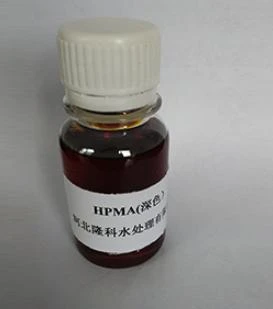 Scale Inhibitor Explained: How to Protect Your System from Limescale and Hard Water DamageIn water systems—from industrial boilers and cooling towers to household appliances—scale is a persistent enemy.ອ່ານຕື່ມ
Scale Inhibitor Explained: How to Protect Your System from Limescale and Hard Water DamageIn water systems—from industrial boilers and cooling towers to household appliances—scale is a persistent enemy.ອ່ານຕື່ມ -
 Scale and Corrosion Inhibitors: Essential Chemicals for Industrial Water System ProtectionIn industrial water systems—cooling towers, boilers, heat exchangers, pipelines, and RO systems—two silent threats can cause serious damage over time: scale formation and corrosion.ອ່ານຕື່ມ
Scale and Corrosion Inhibitors: Essential Chemicals for Industrial Water System ProtectionIn industrial water systems—cooling towers, boilers, heat exchangers, pipelines, and RO systems—two silent threats can cause serious damage over time: scale formation and corrosion.ອ່ານຕື່ມ -
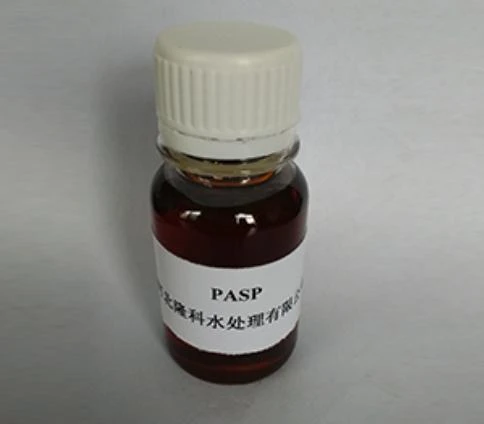 Polyaspartic Acid: A Biodegradable Polymer for Sustainable ChemistryAs industries move toward more sustainable materials, polyaspartic acid (PASP) is gaining traction across sectors—from water treatment and agriculture to coatings and biomedical applications.ອ່ານຕື່ມ
Polyaspartic Acid: A Biodegradable Polymer for Sustainable ChemistryAs industries move toward more sustainable materials, polyaspartic acid (PASP) is gaining traction across sectors—from water treatment and agriculture to coatings and biomedical applications.ອ່ານຕື່ມ







